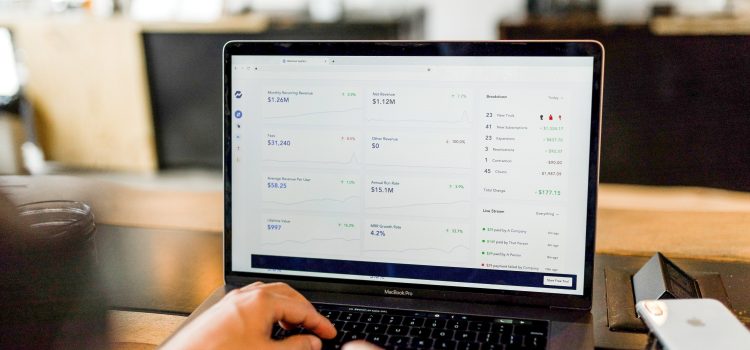
As one of the world’s largest container shipping companies, Maersk has a unique vantage point on global trade. So when they issue a warning about China’s economic rebound, people listen. According to their latest report, things might not be as rosy in the Asian powerhouse as we thought. As we delve into the details, let’s explore what this could mean for businesses around the globe and how you can prepare for potential disruptions in your supply chain.
Maersk Group warns of weaker than expected economic rebound in China
Maersk Group warns of weaker than expected economic rebound in China
On 7 January 2019, the Danish shipping giant Maersk warned that it expects a weaker-than-expected economic rebound in China this year. The company cited political uncertainty and trade barriers as key factors weighing on the Chinese economy.
In December 2018, Maersk announced plans to cut its workforce by 5,000 positions worldwide due to weak global demand. This follows a 10% decline in container traffic in 2018. Despite these challenges, the Chinese market remains one of Maersk’s key growth drivers. In 2018, China transported 2.5 times more cargo through Danish ports than Russia did.
Background on the Chinese Economy
China’s economy is forecast to grow by around 6.5% in 2016, slightly weaker than the government’s original target of 6.7%. Growth was also slower in 2015, with market analysts attributing this to a range of factors including a slowdown in investment and exports as well as increased costs associated with the country’s ambitious expansionary policy agenda.
The Chinese authorities have responded to recent weakness by adjusting their growth targets downwards, but they remain confident that the country will reach its full potential and continue to support heavy investment and crackdown on corruption. China has made significant progress over the past few years in terms of reforms and increasing transparency, but there is still much work to be done before it can become a global leader in economic development.
There are several key reasons why the Chinese economy has been struggling recently: domestic demand is weak; public sector debt continues to increase; restrictions on private enterprise activity cause a lot of economic sclerosis; pollution remains an important issue; labour laws are not flexible enough to meet the needs of businesses; and infrastructure development remains sluggish.
Maersk Group’s Perspective on the Chinese Economy
Maersk Group’s Perspective on the Chinese Economy
China is a key market for the Maersk Group, with its shipping activities accounting for around 25% of group revenue. The company has been monitoring developments in China closely and has issued a warning about the weaker than expected economic rebound there.
The Chinese economy grew by 6.7% in 2016, below the 7.0% growth target set by the government. This led to a decline in exports, which in turn caused a decline in foreign investment and weak industrial output growth. Retail sales also declined by 3.9%.
The situation looks more positive now, with most indicators showing an improvement in December 2017 compared to October 2017. The latest figures show that industrial production increased by 6.8%, imports increased by 10%, and exports increased by 9%. However, employment remains low and housing prices have not yet recovered from the impact of the Chinese stimulus program (the so-called “reflationary cycle”).
It is still too early to tell whether or not this economic rebound will be strong enough to bring about sustained growth above 7%. If it fails to do so, then China could experience a longer period of slower growth as well as higher levels of debt accumulation.
Conclusion
Maersk has warned of a weaker than expected economic rebound in China, which is likely to offset the benefits from other regions. The shipping company said that while it sees signs of a pickup in global trade, it expects growth to be much slower in China than previously forecast. In its latest quarterly report, Maersk also warned that Brexit could have an adverse impact on profits this year.









